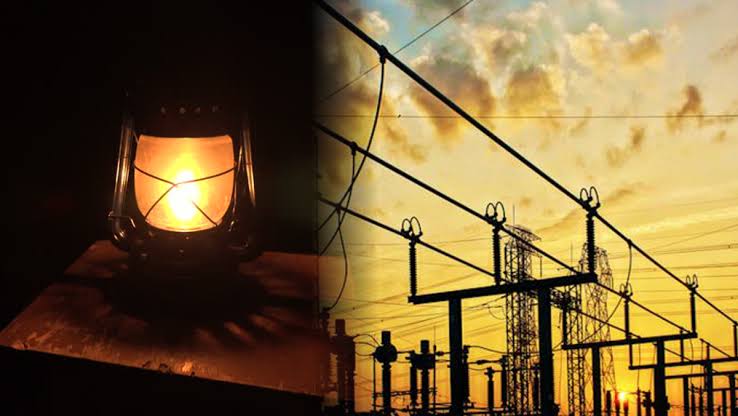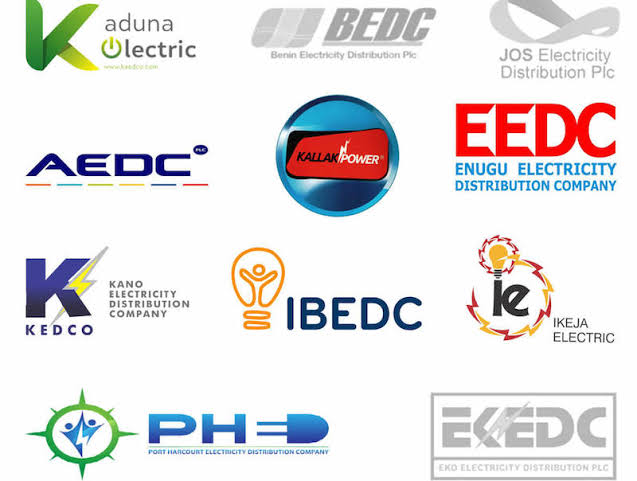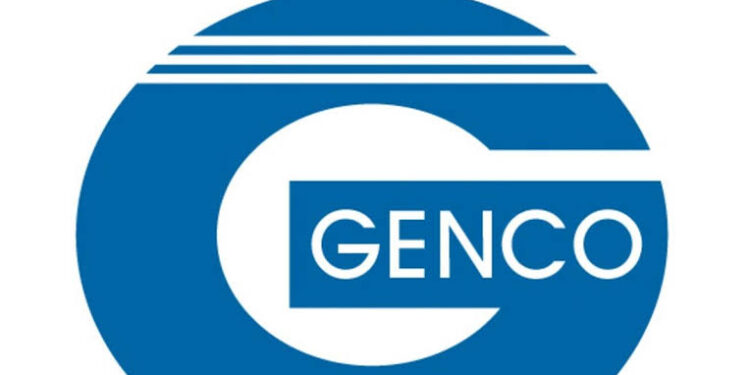Nigerians have once again been thrown into darkness as the national power grid suffered another collapse on Tuesday morning, just a day after experiencing a failure on Monday evening. This recurring issue underscores the ongoing challenges within the country’s electricity infrastructure.
According to data sourced from the Nigerian System Operator’s portal (niggrid.org), the national grid registered an alarming zero megawatts (MW) of electricity at approximately 9:30 AM on Tuesday, following a brief improvement that saw output exceed 100 MW overnight. This drastic drop in power generation has raised concerns about the stability and reliability of the electricity supply in the country.

Various electricity distribution companies have acknowledged the situation through their social media accounts on X (formerly Twitter). For instance, Ikeja Electric communicated to its customers, stating, “Dear Esteemed Customer, please be informed that we experienced another system outage today 15/10/24 @ 09:17hrs affecting supply within our network.” This announcement reflects the widespread impact of the grid failure on households and businesses relying on a stable power supply.
In its communication, Ikeja Electric assured customers that efforts were underway to restore electricity supply, adding, “restoration of supply is ongoing in collaboration with our critical stakeholders. Kindly bear with us.” This statement indicates the company’s commitment to resolving the issue, even amidst the ongoing power crisis.
Similarly, Eko Electricity Distribution Company (Eko DisCo) provided an update on the situation, noting, “Kindly be informed there was a system collapse at 09:17hrs which has resulted in a loss of power supply across our network.” This message highlights the widespread ramifications of the grid failure, affecting numerous consumers within its operational area.

Eko DisCo further emphasized their proactive approach, stating, “We are currently working with our partners as we hope for speedy restoration of the grid. We will keep you updated as soon as power supply is restored.” This reassurance aims to alleviate concerns among customers while highlighting the collaborative efforts required to address the power shortage.
The data indicates that all 22 generation companies (GenCos) were offline at the time this report was compiled. The collapse of the national grid represents the seventh disturbance in 2024 alone, adding to the myriad of challenges that have long beleaguered Nigeria’s power sector. This series of failures not only affects the daily lives of millions of Nigerians but also hampers economic growth and development by disrupting businesses and essential services that depend on a reliable electricity supply.
As the nation grapples with this ongoing energy crisis, the calls for systemic reforms and investments in infrastructure to stabilize and modernize the power sector have become more pressing than ever. The latest collapse serves as a stark reminder of the urgent need for comprehensive solutions to ensure a sustainable and efficient electricity supply for the country.
































